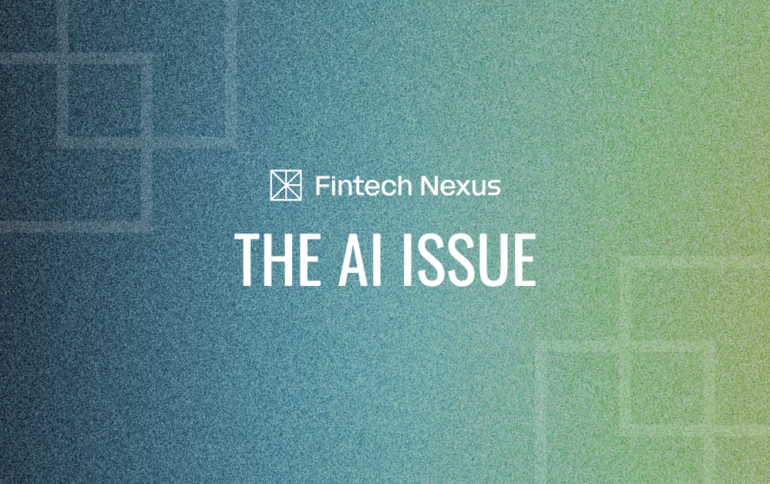Welcome back to the AI edition of Fintech Nexus.
This past week was a gut-check for anyone still underestimating how quickly AI is evolving and how high the stakes are getting.
Mary Meeker dropped a 340-page report going all-in on AI. Tl;dr? It’s reshaping everything.
Truly, everything — from software to the physical world around us.
We spoke with Ben Hemani, founding partner at Bison Ventures, who shared his own POV on how AI is reshaping the physical world. He’s long assumed AI’s ubiquity… So what will keep moving the needle in the years to come? And does the reward of deep tech justify the risk?
In Mary Meeker’s report, the word “unprecedented” appears 64 times (albeit roughly 27 of these are slide footers.) It seems as though the trajectory of AI development is the new Moore’s Law, with both GPUs and humans in the crosshairs.
Case in point: Last week, a security researcher used OpenAI’s GPT-4o to uncover a zero-day vulnerability in Linux, a gentle reminder that AI can probe systems in unexpected ways, not only in code but also in the architecture for how we operate and trust the world around us. It’s a powerful tool in the right hands—and a dangerous one in the wrong.
As OpenAI’s user base continues to surge (especially with steps like enabling nationwide ChatGPT access in partnering countries like the UAE), we’re also left to wonder how profitable this all could be and what the end goal is. A leaked H1 2025 roadmap hints at the answer: OpenAI has plans for an indispensable super assistant, the average consumer’s all-knowing agent, with real monetization finally hitting stride in the second half of the year.
The question is no longer whether AI will shape everything. It’s who gets to do it.
The Editors


